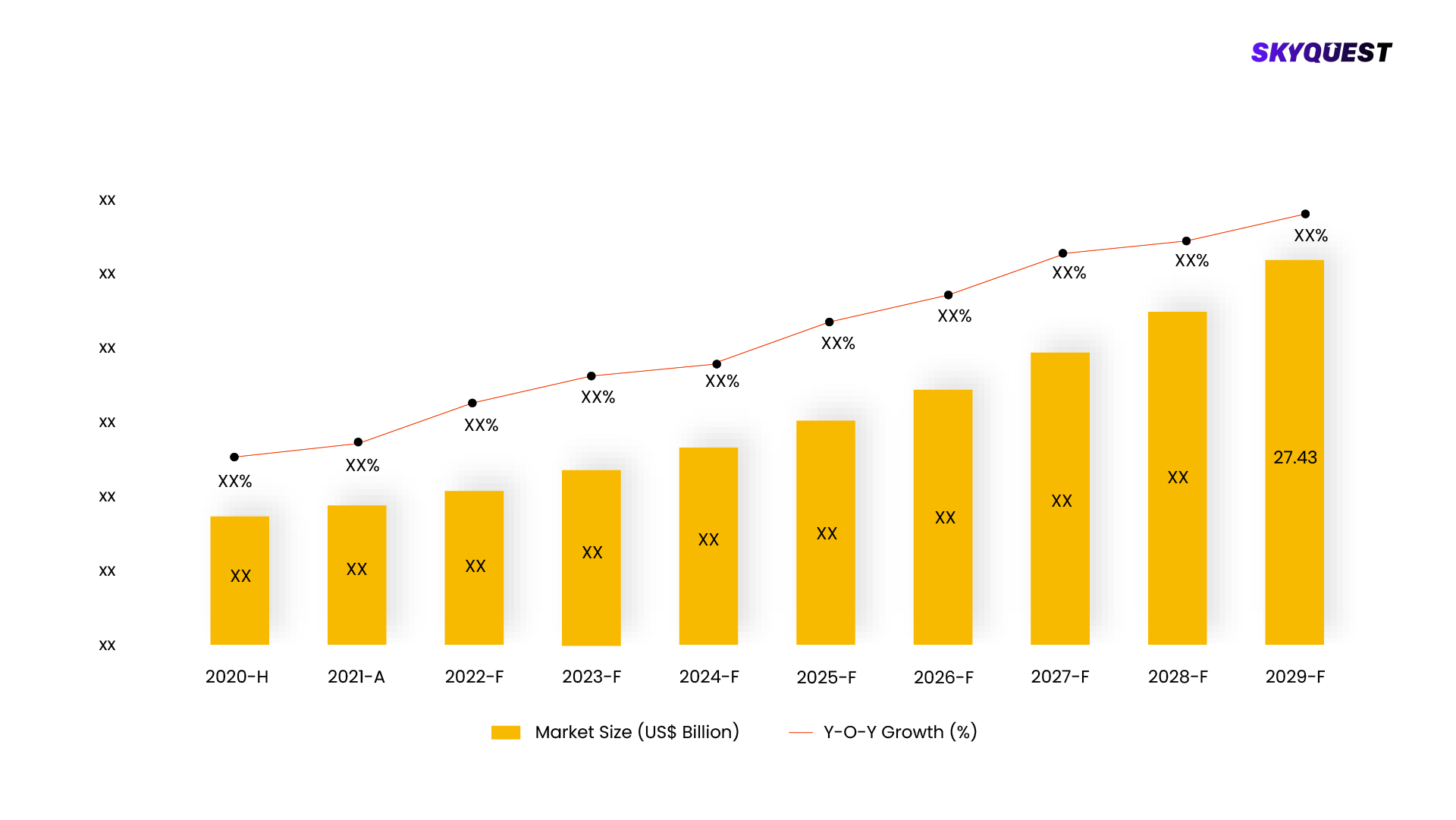
Product ID: UCMIG15E2056

Report ID:
UCMIG15E2056 |
Region:
Global |
Published Date: Upcoming |
Pages:
165
| Tables: 55 | Figures: 60
The industry is expected to grow rapidly over the next eight years as demand for environmentally friendly materials rises in key applications such as biomedical & biotechnology, textile, automotive, electrical & electronics, and nuclear energy. Intelligent materials or stimuli-responsive products are other names for smart polymers. These products are distinguished by unique performance characteristics such as good responsiveness to macro and micro level changes in the environment. These intelligent materials not only respond to various stimuli such as temperature, pH, and light, but they are also resilient, allowing them to return to their initial physical or chemical state.

This report is being written to illustrate the market opportunity by region and by segments, indicating opportunity areas for the vendors to tap upon. To estimate the opportunity, it was very important to understand the current market scenario and the way it will grow in future.
Production and consumption patterns are being carefully compared to forecast the market. Other factors considered to forecast the market are the growth of the adjacent market, revenue growth of the key market vendors, scenario-based analysis, and market segment growth.
The market size was determined by estimating the market through a top-down and bottom-up approach, which was further validated with industry interviews. Considering the nature of the market we derived the Specialty Chemicals by segment aggregation, the contribution of the Specialty Chemicals in Diversified Materials and vendor share.
To determine the growth of the market factors such as drivers, trends, restraints, and opportunities were identified, and the impact of these factors was analyzed to determine the market growth. To understand the market growth in detail, we have analyzed the year-on-year growth of the market. Also, historic growth rates were compared to determine growth patterns.
Our industry expert will work with you to provide you with customized data in a short amount of time.
REQUEST FREE CUSTOMIZATIONThe global market for Smart Polymers was estimated to be valued at US$ XX Mn in 2021.
The global Smart Polymers Market is estimated to grow at a CAGR of XX% by 2028.
The global Smart Polymers Market is segmented on the basis of Type, Stimulus, Application, Region.
Based on region, the global Smart Polymers Market is segmented into North America, Europe, Asia Pacific, Middle East & Africa and Latin America.
The key players operating in the global Smart Polymers Market are BASF SE, Nippon Shokubai, Advanced Biopolymers AS, FMC Corporation, Autonomic Materials Inc., Advanced Polymer Materials Inc., Nexgenia Corporation, Covestro AG, and Lubrizol Corporation.
Want to customize this report? This report can be personalized according to your needs. Our analysts and industry experts will work directly with you to understand your requirements and provide you with customized data in a short amount of time. We offer $1000 worth of FREE customization at the time of purchase.

Product ID: UCMIG15E2056